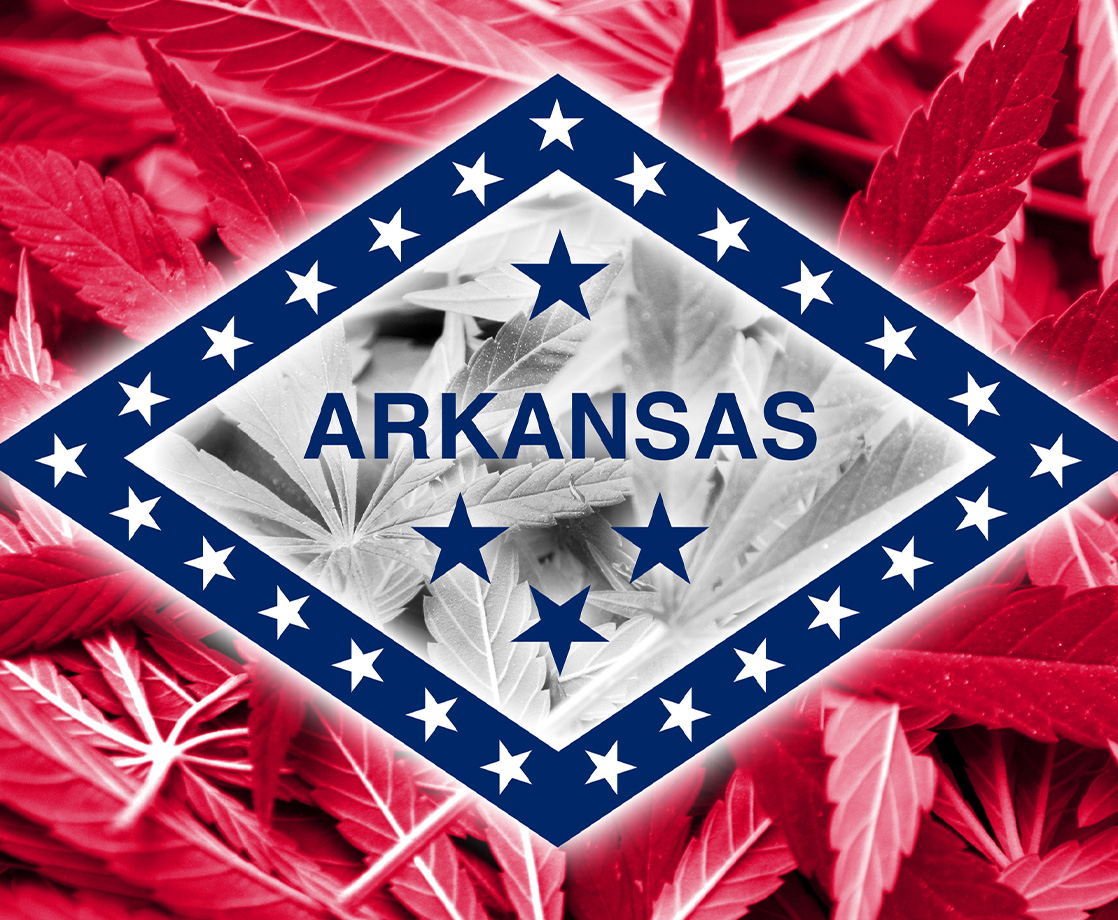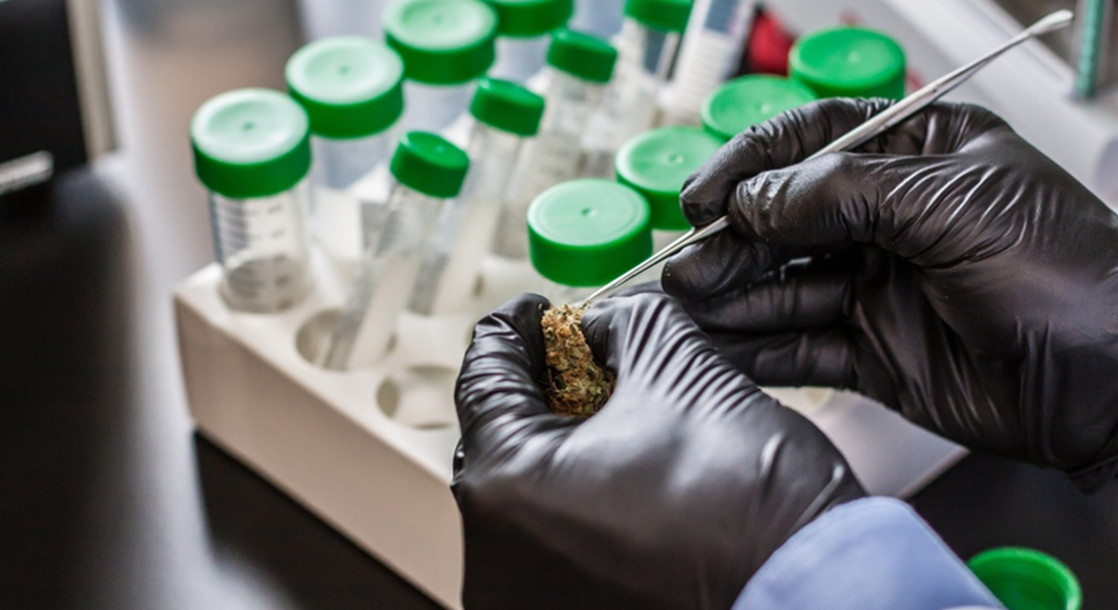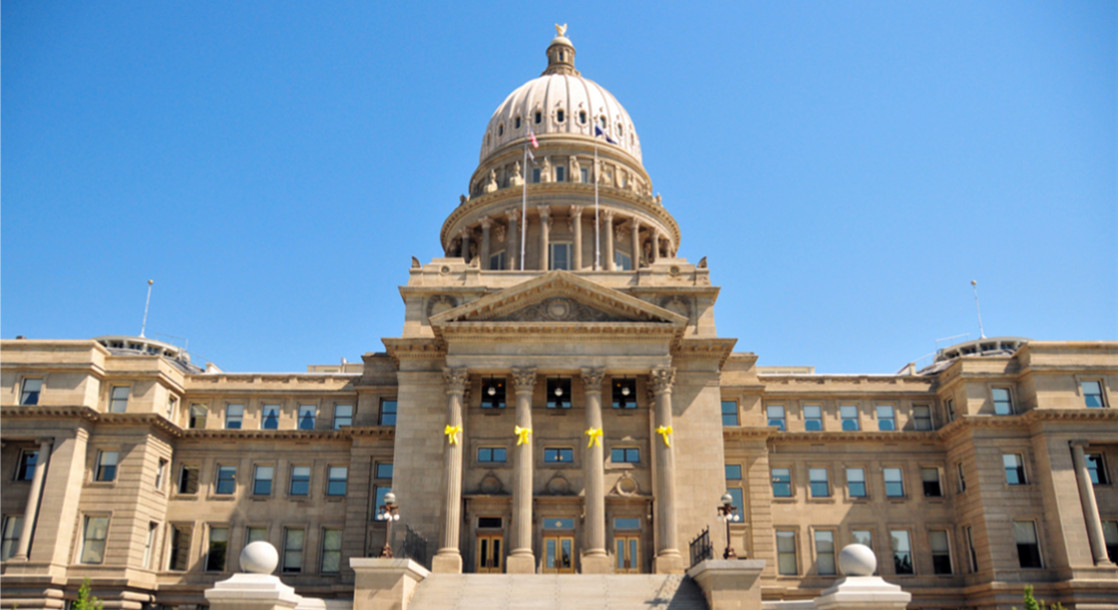The Natural State’s residents are saying “yes” to natural remedies, as Arkansas has already sold $40.46 million worth, or 6,252 pounds, of medical cannabis since the state’s first licensed dispensary sale in May 2019.
Those numbers may not seem impressive compared to other states’ recent medical cannabis sales, but any form of medical marijuana in Arkansas should be warmly welcomed. The state continues to be one of the worst when it comes to the opioid epidemic, and studies show that legalizing cannabis — medical or recreational — usually reduces opioid painkiller use in those areas.
For context, a 2018 report showed that Arkansas’s doctors wrote more opioid prescriptions in 2017 than the number of people living there, or 102 opioid prescriptions per 100 people. The national average that year was nearly half that rate, or 59 opioid prescriptions per 100 people.
Arkansas’s medical marijuana program operates a little differently than most other states. For instance, there isn’t a catch-all qualifying condition category for any and all “chronic pain” like there is in California and Colorado. Instead, to qualify for a pain condition, patients must fall into one of three groups: those with intractable pain (chronic pain that hasn’t responded to conventional medical treatments for at least 6 months), those with severe arthritis (lifelong, debilitating arthritic conditions), or those with peripheral neuropathy (nerve damage that causes pain, numbness, or weakness, especially in the hands or feet).
Furthermore, Arkansas medical marijuana patients face purchase restrictions not seen elsewhere. Individuals or their caregivers may only buy up to 2.5 ounces of medical weed every two weeks, and those limits have likely contributed to lower-than-average sales figures. But if the state eventually loosens up on those restrictions, we’ll likely see its medical cannabis sales increase in the coming years.
Arkansas’s medical marijuana may have severe limitations, but it’s a bit of a miracle that it even got off the ground. Governor Asa Hutchinson, who’s been running the state for the last five years, was previously in charge of the US Drug Enforcement Administration under President George W. Bush.
In 2016, Hutchinson said of Arkansas’s medical marijuana bill, “We all want those who are ill or suffering to have the right kind of medicine, but there is a reason we have an [Food and Drug Administration] approval process for new medicines. We don’t vote on cancer cures, and we should not set a new pattern for determining what is good medicine at the ballot box.”
While it’s still too early to know how, or even if, the state’s medical marijuana program will affect residents’ opioid use rates, the sales figures indicate that Arkansas is beginning to embrace the green.











